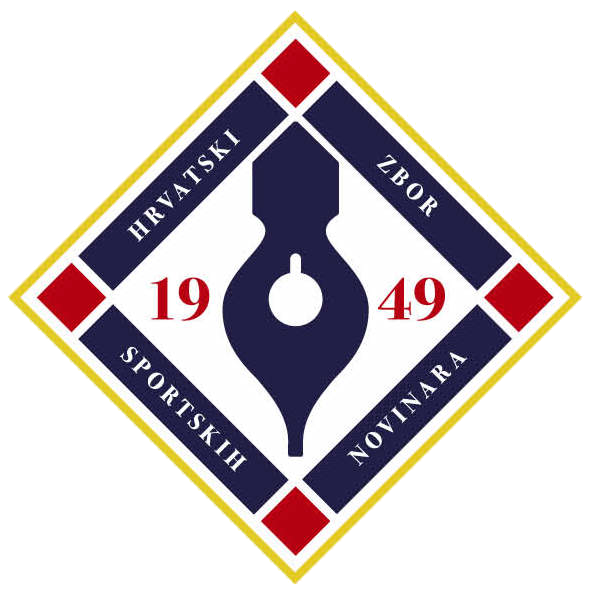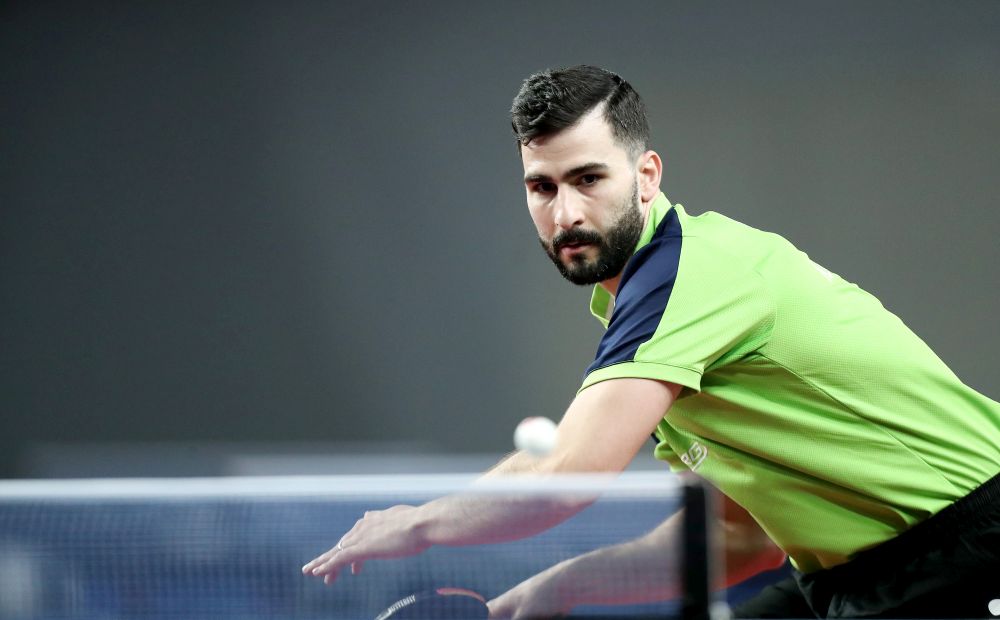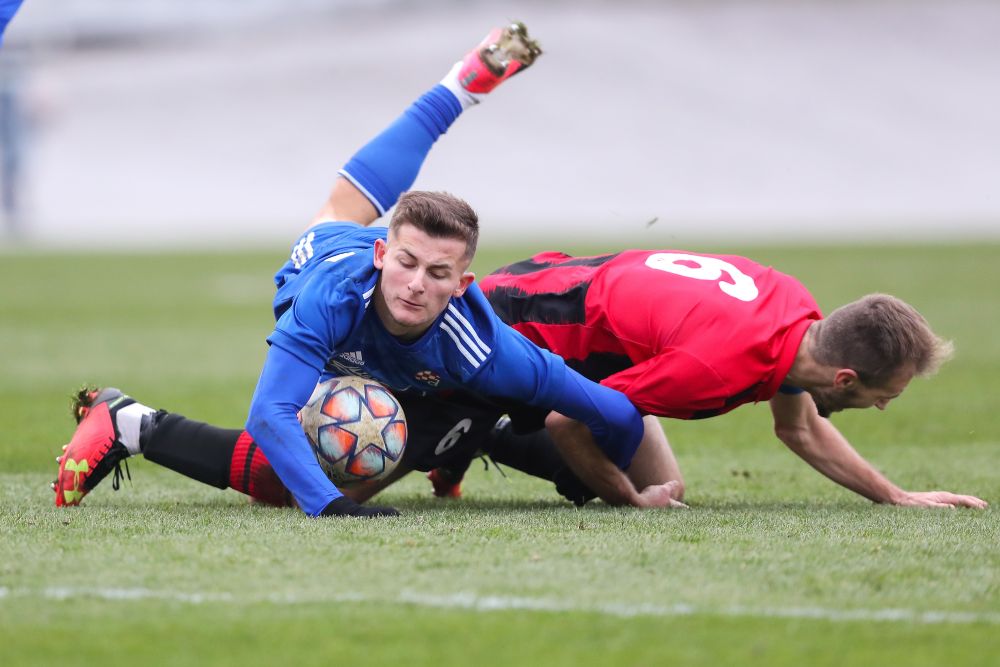One hundred years after his death, Giacomo Puccini remains one of the most illustrious and admired composers in world history. His aria Nessun Dorma, from the famous opera Turandot, became the official anthem for the AIPS Centennial, celebrated at UNESCO headquarters in Paris last August.
Under the AIPS umbrella, culture and sport are closely linked, both serving as fundamental tools to guide the next generation. Music, sports, and sports journalism—the modern epic tale—share a unique quality: they are universal languages capable of reaching the masses. And Puccini's work is still capable of touching heart and souls of the people.
Two centenaries - The famous Italian composer died in Brussels on November 29, 1924, only a few months after the International Sports Press Association was founded in Paris during the 1924 Olympics. This year has been particularly special for both AIPS and the Pucciniano Festival Foundation, two institutions paving their way to a bright future while keeping a strong connection with the past. The AIPS 100 and Puccini 100 collaboration was a perfect match.
Puccini was a revolutionary composer who embodied the change of the century, a master who managed to enhance every character to the maximum. His legacy endures through 12 operas: Le villi, Edgar, Manon Lescaut, La bohme, Tosca, Madama Butterfly, La fanciulla del West, La rondine, Il tabarro, Suor Angelica, Gianni Schicchi, and Turandot. He is buried in the Museum Villa Giacomo Puccini, in Torre del Lago, Lucca, the city where he was born.
Emotional soundtrack - It was an immense pleasure to have the emotional Nessun Dorma as the AIPS anthem during the Centennial ceremony at the UNESCO auditorium in Paris. There, the story of AIPS was celebrated, highlighting its presidents, Congresses, and the profound emotion evoked by Puccini’s Nessun Dorma, recorded by the musicians of the Puccini Festival Orchestra and tenor Amadi Lagha.
In the year of Puccini, AIPS celebrates the master. One hundred years later, the legacy is just starting.
 AIPS Media Photo: Getty - Museo Villa Puccini / De Agostini
AIPS Media Photo: Getty - Museo Villa Puccini / De Agostini

 EN
EN HR
HR





































